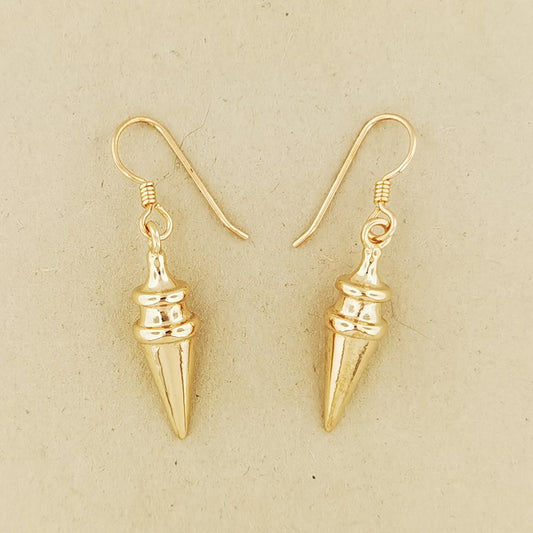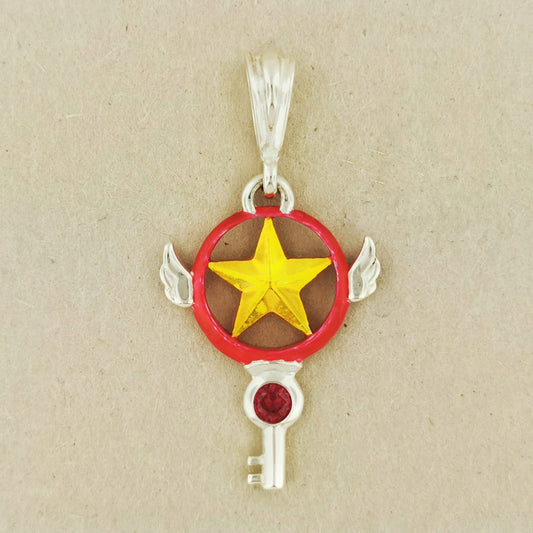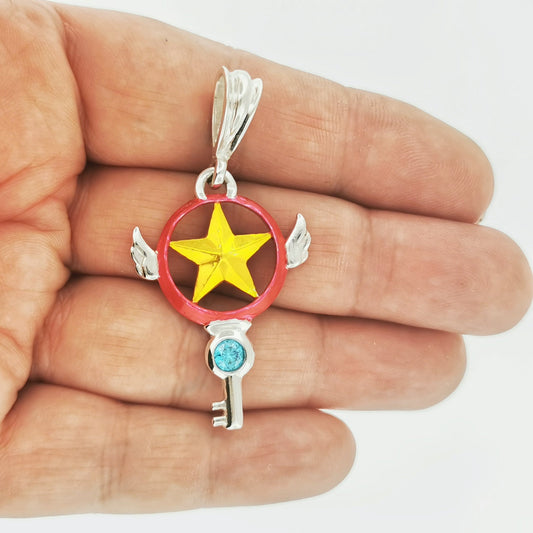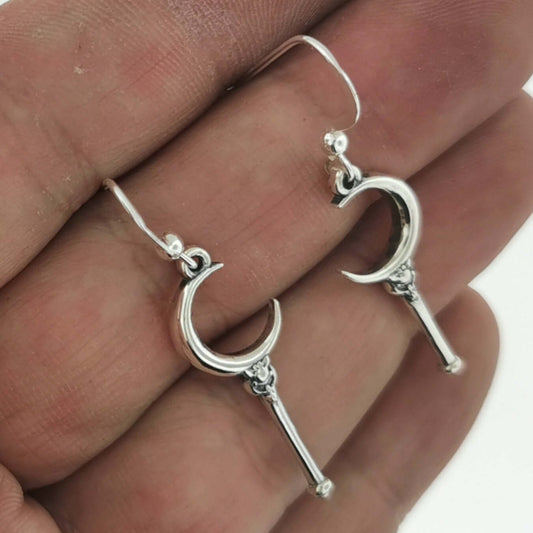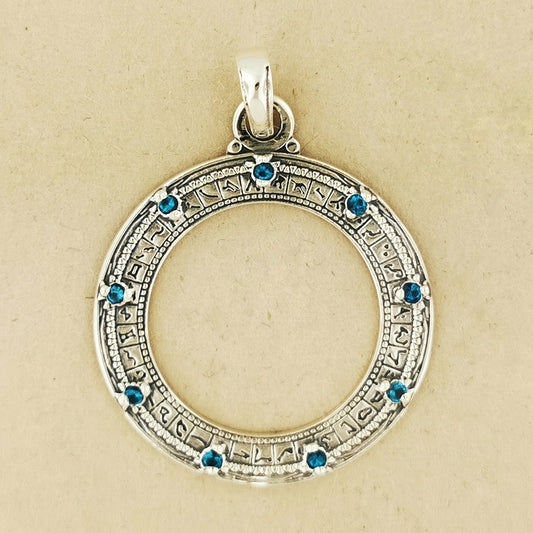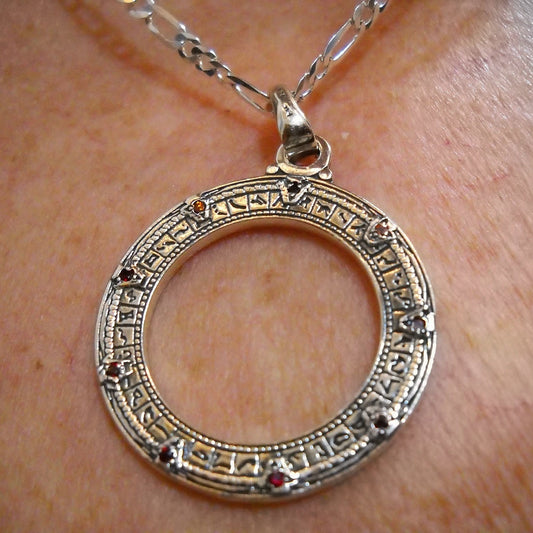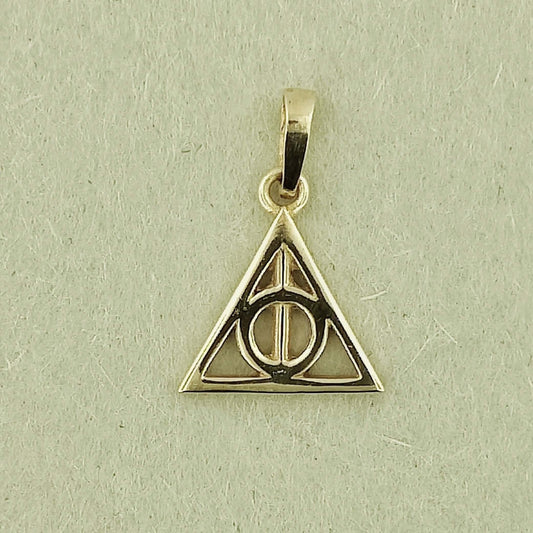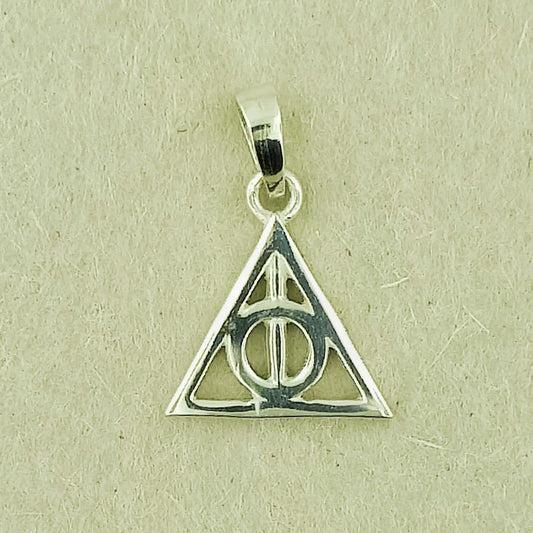Fan Cons: Why I Love Them

2 weekends ago I got to attend & attend Kupocon: Pom Voyage, a small fan run Final Fantasy convention held here in Montreal. Attendees came from all across the world, and even had the chance to meet some of my online customers for the first time in person!
I got the chance to chat with a ton of fellow fans, including chatting about game experience. Where else will you have complete strangers chatting about the cute but evil Tomberry or the stinky Malboro monster with the Bad Breath attack that can take out your entire party? Or how all the games have chocobos, moogles, cactaurs, and a character named Cid? The geek glad was flying high there!
Kupocon isn't my first time at a fan run convention, and many of the past ones I've been to have been like this. But what's the difference between a fan run convention or a for profit one? Well I can tell you about that easily!
Alright, let’s dive into the con trenches, shall we? Adjusts cloak, grabs con badge & ribbons, probably have some snacks. And definitely some coffee!!!
Fan-Run Conventions vs. For-Profit Conventions: What’s the Real Difference?
If you’ve ever wandered a convention hall wondering why some events feel like a giant warm hug from your fandom… and others feel like a mall with a $50 entrance fee (plus service charges, plus “breathing in the building” surcharge)… you’ve already met the two main species of geek gatherings: fan-run conventions and for-profit conventions.
They look similar on the outside (cosplayers! vendors! panels! questionable energy drink choices!) — but under the hood, they run very differently. And as someone who’s been working, selling, and attending these things since dinosaurs roamed the anime floor (okay, since the 2011, but close enough), I’ve got opinions on both.
So, let’s break it down.
What is a Fan-Run Convention?
Think of fan-run conventions as the original guilds of geekdom.
They’re started by fans, run by fans, built on passion, caffeine, community spirit, and the occasional poorly-labelled spreadsheet.
Key Traits:
- Usually organized by volunteers (yes, all volunteers).
- Non-profit, or close enough your accountant would squint and shrug.
- Money goes back into making next year happen, not to shareholders.
- The vibe is: “We’re all here because we love this weird thing together!”
Why They Feel Magical: Fan-run cons are where you make friends at 1 AM because you both love the same obscure anime or game no one else remembers. They feel personal. Think talking about an anime from the 90’s that a certain generation remembers but new fans look at you like you're nuts!
Panels are often fan-led, creative, silly, thoughtful, chaotic… sometimes all four at once. Like one for fan made pin trading!
Basically: It’s a bunch of nerds building a festival for other nerds.
What is a For-Profit Convention?
These are the big-budget, celebrity-autograph, multi-city touring spectacles.
They’re run by companies whose main quest reward is money, not “community HP points.”
Key Traits:
- Staffed by paid employees (plus volunteers who are “very enthusiastic” and compensated with T-shirts).
- Designed to maximize ticket sales, merch sales, autograph sales, and vendor booth sales.
- Famous guests! Big banners! Corporate sponsors!
- The vibe is: “Welcome to the Geek Theme Park — please follow the arrows and buy things.” 😂
Why They’re Still Cool: You get big-name actors, polished production, giant exhibitor halls… and chairs. Lots of chairs. (Seriously, fan-run con hotel chairs are the true rare loot.)
Basically: It’s a fandom amusement park where everything runs like clockwork — and has a price tag.
Where the Experiences Diverge
|
Feature |
Fan-Run Con |
For-Profit Con |
|
Staff |
Volunteers cosplaying as HR |
Paid staff + volunteer army |
|
Ticket Cost |
Usually affordable-ish |
Your wallet will know fear |
|
Celebrity Guests |
Maybe a few |
Half the cast of your favourite show + 27 voice actors |
|
Panels |
Fans teaching fans |
Celebrities talking about Being Famous™ |
|
Atmosphere |
Community hangout energy |
High-production convention spectacle |
|
Merch Floor |
More handmade & indie artists |
More licensed merch vendors & corporate booths |
So Which One’s Better?
Okay, listen. As a person who literally makes my living selling my geeky jewellery in con halls across Canada like a travelling D&D merchant… I genuinely love both.
Fan-run cons are where I find my people.
The conversations, the weird in-jokes, the late-night cosplay get together. The “we’re all exhausted but happy” vibe. They're smaller, but a lot of fun.
For-profit cons are where I get to meet a ton of fans from everywhere. And though fun, my social battery tends to putter out at the end of the day and all I want to do is have a hot meal and get off my feet that want a divorce from me!
The scale is enormous. The excitement is wild. And yes, sometimes I meet a celeb in the coffee line and play it cool (or don’t). Or like John Barrowman shopping for bling at my booth!
They both are valid. They just serve different quests.
Think of It Like a D&D Party:
-
Fan-run cons = the friendly local tavern.
You know the bartender. Someone’s playing dice in the corner.
It might be loud and chaotic, but it feels like home. -
For-profit cons = the capital city marketplace.
Shiny, bustling, crowded, expensive, exciting, a little overwhelming.
You go to see, to shop, to admire.
And hey — both are part of the adventure.
So the Next Time You’re Picking a Con to Attend…
Ask yourself:
Do I want:
Community & chaos
or
Spectacle & scale?
Either way, pack comfy shoes, hydrate, and remember: Con plague is real!!!
See you on the convention floor, badge dangling, arms full of loot bags, coffee in hand.
If you spot me? Come say hi — I’ll be the one behind a table full of dragons, anime jewellery, and suspiciously sparkly treasures. 💎🐉✨ And extra points of you being your favourite jewellery seller a cup or two!
Thanks for reading,


